Tech giant Apple Inc. is planning the most sweeping change yet to the names of its operating systems, as part of a software overhaul that applies to all of its devices.
According to people familiar with the matter, Apple’s next operating systems will be identified by years rather than version numbers. This means the current iOS 18 will give way to “iOS 26.” Other updates will be called iPadOS 26, macOS 26, watchOS 26, tvOS 26, and visionOS 26.
Apple is making this change to bring consistency to its branding and eliminate an approach that could be confusing for customers and developers. Current operating systems — including iOS 18, watchOS 12, macOS 15, and visionOS 2 — use different numbers because their initial versions didn't launch at the same time.
A spokesman for Apple, based in Cupertino, California, declined to comment on the report.
According to sources, Apple will announce this change at the Worldwide Developers Conference (WWDC) on June 9. The rebranding will be accompanied by a new user interface across operating systems - an effort to ensure a more seamless experience when users switch between devices.
This latest naming strategy is reminiscent of the approach taken by both Samsung Electronics and Microsoft.
In 2020, Samsung renamed its high-end Galaxy S series according to the year of launch, moving to Galaxy S20. The predecessor device launched in 2019 was called Galaxy S10, representing the 10th generation.
In 1995, Microsoft also switched to naming its major operating systems after the year they were released, releasing Windows 95, Windows 98, and then Windows 2000.
The big difference is that Apple will use the upcoming year instead of the current year. Even though the next operating systems will launch around September 2025, they will be named for 2026—similar to how car companies promote their cars. If Apple sticks to this strategy, the next batch of releases will be numbered 27.
Apple has tried a similar approach with its office suites and creative apps before. In August 2007, it released iWork '08 and iLife '08. This was followed by iLife '11, which went on sale in October 2010. As part of these changes, Apple plans to give the iPad a more Mac-like experience, making it more useful for office work.
The company is also “opening up” its Artificial Intelligence (AI) models to third-party developers, allowing them to tap into the underlying technology used by the Apple Intelligence service package./.
Source: https://www.vietnamplus.vn/apple-len-ke-hoach-cho-su-thay-doi-sau-rong-nhat-tu-truoc-den-nay-post1041357.vnp



![[Photo] Prime Minister Pham Minh Chinh chairs the 15th meeting of the Central Emulation and Reward Council](/_next/image?url=https%3A%2F%2Fvphoto.vietnam.vn%2Fthumb%2F1200x675%2Fvietnam%2Fresource%2FIMAGE%2F2025%2F11%2F27%2F1764245150205_dsc-1922-jpg.webp&w=3840&q=75)



![[Photo] President Luong Cuong attends the 50th Anniversary of Laos National Day](/_next/image?url=https%3A%2F%2Fvphoto.vietnam.vn%2Fthumb%2F1200x675%2Fvietnam%2Fresource%2FIMAGE%2F2025%2F11%2F27%2F1764225638930_ndo_br_1-jpg.webp&w=3840&q=75)
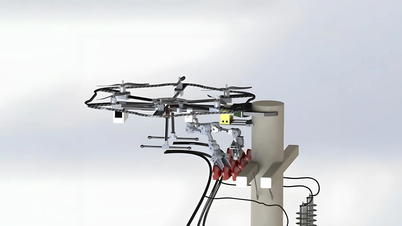
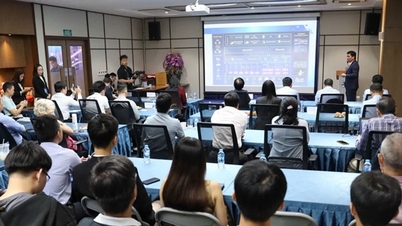


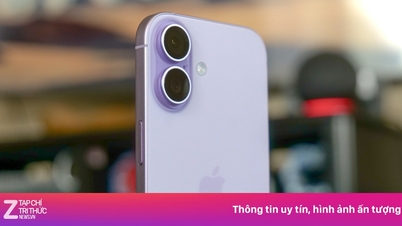


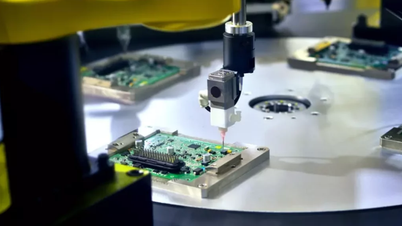















































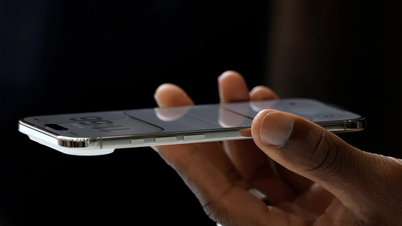



































Comment (0)